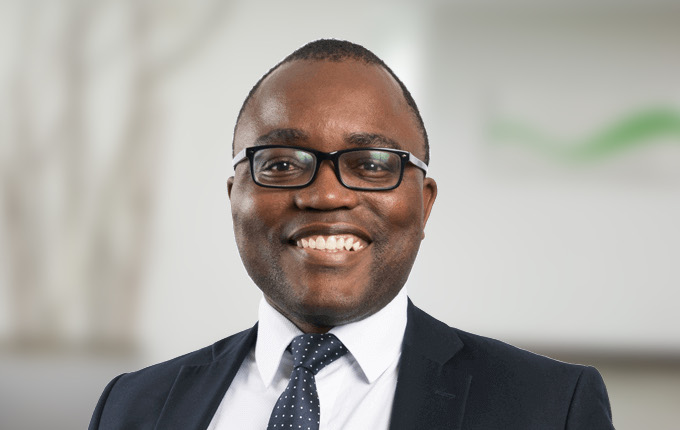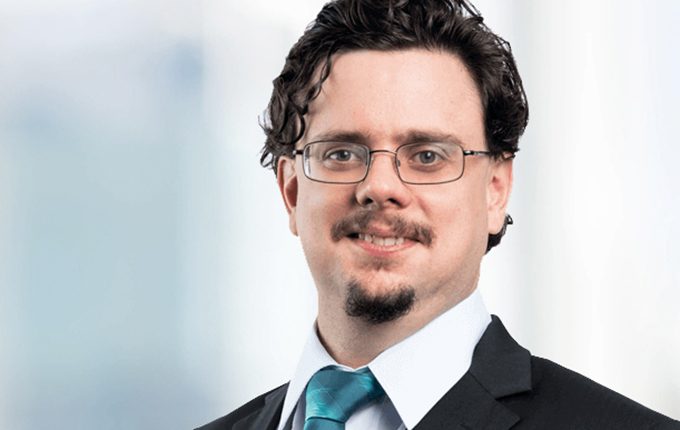Who are Brightlight?
Brightlight is a standalone business with Christian Super as the majority owner. It will have its own AFS licence and an independent board. As the majority shareholder, Christian Super has the right to appoint two out of five directors.
Tim Macready will continue to be the Chief Investment Officer of Christian Super, but has also taken on the role of Managing Director of Brightlight.
“I spend 70 per cent of my time doing what I’ve done for a decade at Christian Super and 30 per cent of my time running the Brightlight business,” Macready says.
Simba Marekera (pictured below), who spent five years managing Christian Super’s alternatives, fixed income and impact investment portfolios, has joined Brightlight full time as Head of Research.
Sam Ung, a research analyst with Christian Super, who spent one day a week on the impact investment portfolio, has moved across, too, in a similar role.
Brightlight has also made new hires.
Sam Richards joined the firm from Goldman Sachs Asset Management, where he was Chief Operating Officer. In addition to his many years at Goldman Sachs, Richards has been involved in a number of social projects focused on poverty and the economic empowerment of women.
“He brings a really strong track record of client engagement, client relationship and strategic thinking.
Matthew Zschech, a former director of Christian Super, has joined as Head of Investment Management. He has extensive consultancy experience, having worked for over a decade at IBM Global Services. He has also held roles as Head of Research & Investment Management for Infocus and as portfolio manager for Alpha Fund Managers.
“He will bring a lot of the compliance knowledge and technical expertise about how to run a fund,” Macready says.
In addition, Brightlight has hired two former employees: Jai Sharma and Charles Liu. “We’ve rehired two former Christian Super alumni, who used to work on the impact portfolio,” Macready says.
Jai Sharma founded Thread Harvest, a social impact company that focused on finding employment for marginalised people, at fashion labels.
Charles Liu work for Christian Super in 2008 and wrote some of the initial reports on microfinance. He also worked for KPMG for eight years in their social finance team, structuring social impact bonds.
“He has recently moved to London, so we have put him on as a European liaison, doing research on deals that are easier to research from London. He is looking at Leapfrog III at the moment, which is a London/Edinburgh team.”
“It is a really good team and a lot of these people are part-time so that we can scale up the business as it grows,” Macready says.



